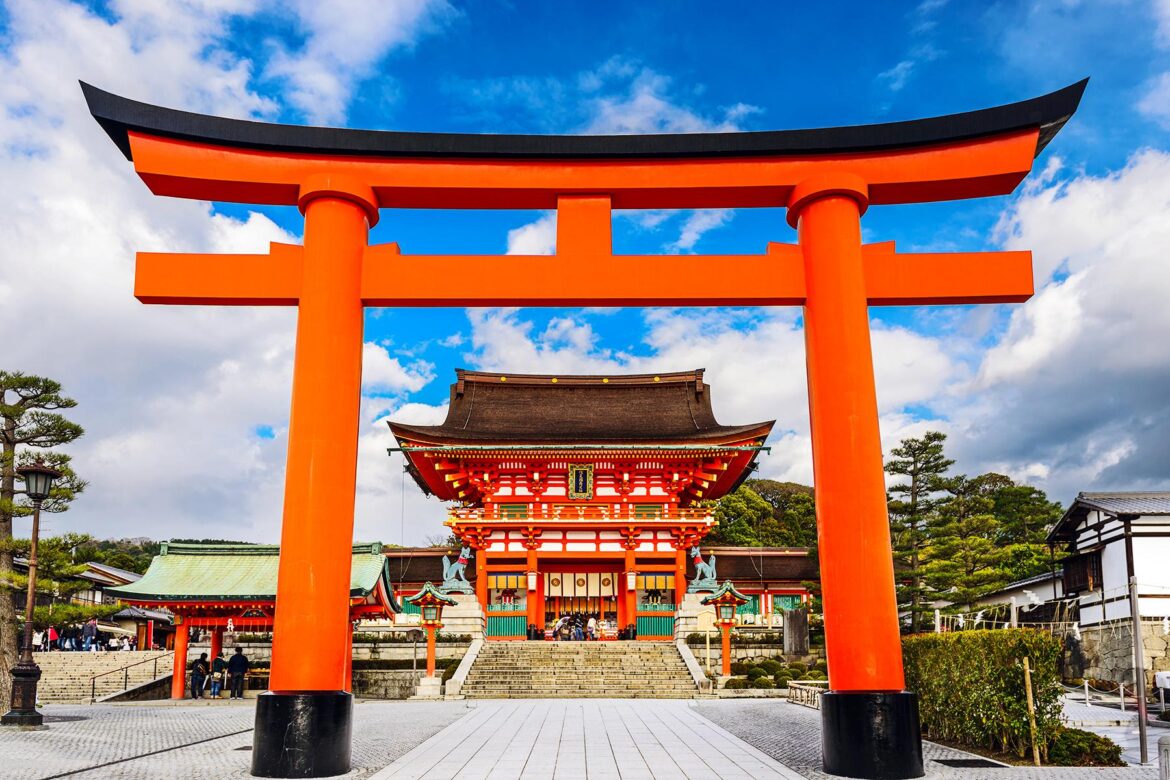And other travel news you may have missed.
This week in travel, we’ve uncovered several stories that might have flown under your radar. Among them: over 200 climbers are stuck on Everest after an unexpected blizzard; a camper has died in Arkansas in a likely bear attack; and luxury tourists will be paying a whole lot more for their Kyoto vacations in 2026.
Dive into these and more as we examine the latest in travel news.
NO.1
TREKKERS STUCK ON EVEREST
More than 200 climbers are stranded on Mount Everest’s slopes in Tibet at 16,000 feet. A blizzard caught them unaware on Friday, and snowfall intensified over the weekend. About 350 trekkers were rescued to the village of Qudang, and locals and officials are working to clear blocked areas.
Several people were caught in heavy rain and snow on Saturday, and many showed signs of hypothermia. “Our windbreakers and raincoats were no match for the snow. We were all drenched,” climber Dong Shuchang told BBC after reaching safety. The experienced hiker also mentioned that he has never experienced such weather. Climbers made slow progress down the mountain, and rescuers are currently guiding the remaining trekkers.
There is no news about hikers being stuck on the north face of Everest in Tibet. Meanwhile, Nepal is also facing extreme weather conditions, and at least 47 people have died due to torrential rainfall and landslides.
NO.2
MUNICH CLOSES AIRPORT AFTER DRONE SIGHTINGS
Thousands of passengers faced disruption last week in Germany’s Munich Airport after drone sightings closed the airport. The incident occurred on Thursday, and the airport canceled 17 flights, affecting nearly 3,000 passengers. Airline staff and airport authorities provided food and blankets to stranded passengers, and the airport reopened Friday morning.
Continue Reading Article After Our Video
Recommended Fodor’s Video
Denmark and Norway also reported similar drone sightings last month, which affected airport operations.
NO.3
KYOTO LUXURY HOTELS TO CHARGE $68 TOURIST TAX FROM 2026
Kyoto will levy a tax of 10,000 yen ($68) per person per night on hotel stays costing 100,000 yen ($667) per night or more. This will be the highest tourist tax in Japan, up from the current 1,000 yen ($6.67).
This accommodation charge will be introduced on March 1, 2026, to help support infrastructure and ease congestion.
Other revisions are planned. For stays under 6,000 yen ($40), the tax remains 200 yen ($1.30). For stays between 6,000 and 20,000 yen ($40-$133), the tax will increase from 200 yen to 400 yen ($2.70). For accommodations from 20,000 yen to 50,000 yen ($133-$333), the tax will increase to 1,000 yen ($6.67). For stays between 50,000 and 100,000 yen ($333-$667), it will increase to 4,000 yen ($27).
Japan has seen a high influx of tourists and has taken measures to control crowds, including restricting the Geisha district in Kyoto and imposing fees on Mount Fuji climbers.
Related: Tourist Slammed for Stealing From Japanese Grave
NO.4
TENERIFE INTRODUCES ECO TAX
Tourists hiking the trails at Teide National Park in the Spanish island of Tenerife will have to pay up to €25 ($30) as an eco-tax starting next year.
The national park is home to the Teide-Pico Viejo stratovolcano and is a popular destination for visitors. Authorities aim to protect the natural environment during a time of overtourism, so the trails will now require permits and fees.
The charges depend on the number of days, the tour company, and the age of the visitor. Tenerife residents can enjoy the park without charges, and Canary Islands residents will pay a reduced fee.
An unguided trek on Trail 10—which runs from La Rambleta to the peak of El Teide—will cost €15 ($18), while a guided visit will cost €12 ($14). The number of visitors on this trail will be limited to 300 per day. The longer Trail 7 Montaña Blanca will cost €6 ($7) on weekdays and €10 ($12) on weekends.
Trails must be reserved through the Tenerife On website or app.
NO.5
MAN DIES IN ARKANSAS IN POSSIBLE BEAR ATTACK
A 60-year-old man was found dead near his campsite in Arkansas, likely due to a bear attack. The man from Missouri had sent photos of a bear in his camp to his family on Tuesday, and his son requested a welfare check after not hearing from him.
Authorities could not confirm the bear attack without a DNA test, but the injuries are “consistent with those expected from a large carnivore attack,” according to the Newton County Sheriff’s Department. His body showed signs of a struggle and was dragged from the campsite.
The sheriff’s department is trying to locate the bear, and the campground is closed. “We are very early in the investigation and search and will update as we can. If you are in the area, just be aware and use caution, especially with children. History tells us that once a bear becomes predatory, it often continues those behaviors,” warned Sheriff Glenn Wheeler.
In another bear-related incident, a Spanish tourist was injured by a cub in Japan’s Shirakawa-go, a UNESCO World Heritage Site, on Sunday. The victim was attacked near a bus stop when a cub emerged from behind a bush and scratched his right arm. The tourist walked to the visitor center for help and was treated at a hospital. Officials are patrolling the area, and trails have been closed.


AloJapan.com